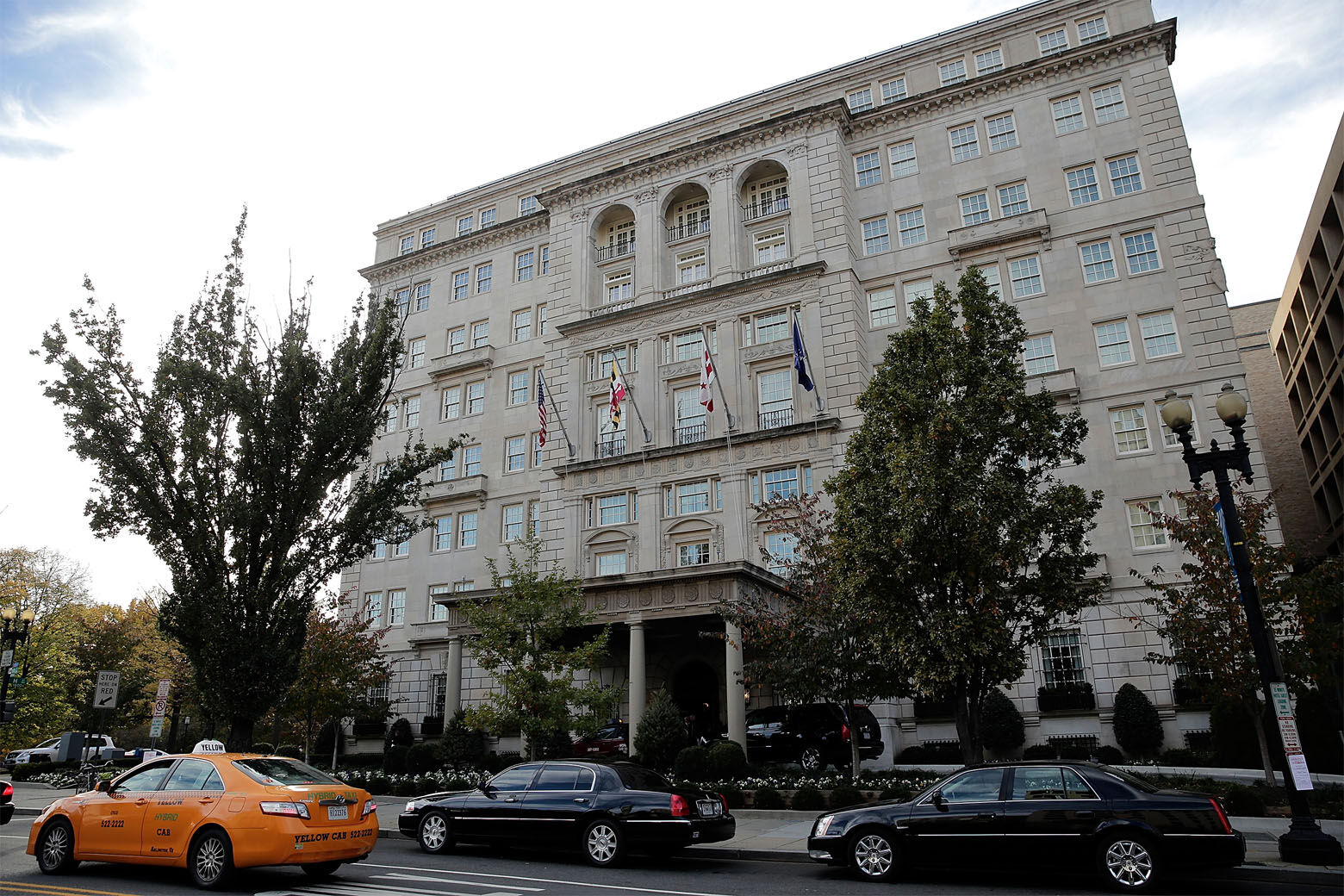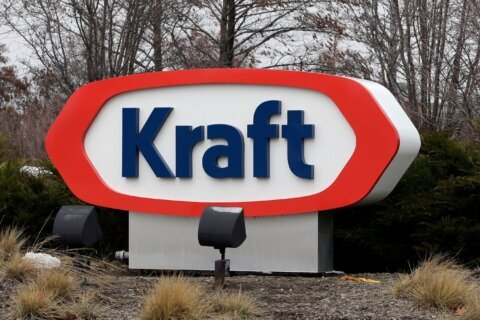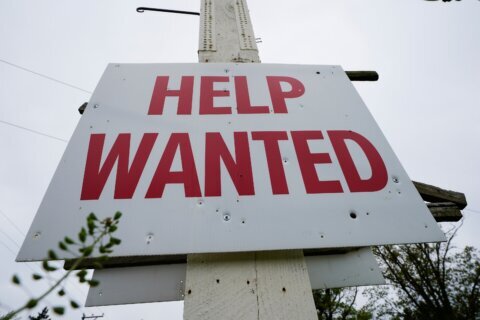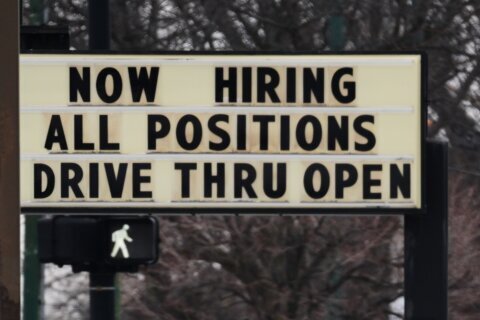
Some of the largest hotels in D.C. that closed at the beginning of the pandemic are reopening their doors: The Conrad Hotel, Hay-Adams and Mandarin Oriental all reopened in late August. But the future is unclear for others.
The Marriott Wardman Park, one of D.C.’s largest hotels, has said it may never reopen.
MGM National Harbor, which reopened in late June, just permanently cut 779 previously furloughed employees, 25% of its pre-pandemic workforce, many of them on the hotel side.
For those D.C. hotels that are reopening or that never closed, the near-term outlook is not good.
The pandemic-truncated peak summer season for D.C. tourists is coming to an end, and, looking ahead, there are few, if any, big conventions or business meetings on the books.
“It is certainly struggling right now,” Chip Rogers, president and CEO at the American Hotel & Lodging Association, in D.C. told WTOP. “I talked to one of the large brand hotel CEOs who was staying in an iconic hotel in Washington, D.C., and he told me that this time last year they were running at 90% occupancy and as of today they are running at less than 40% occupancy. That is not a good sign.”
Nationally, the average occupancy rates at hotels in urban markets and near airports is 38% to 45%, according to the hotel association. The break-even point for large, urban hotels, such as those in the District, is typically 55% to 60%.
The good news for hotels is that leisure travel started picking up in July, although total visits to travel sites remains down 39% since February, according to Reston, Virginia-based digital audience tracking firm Comscore.
The bad news is that people aren’t searching for destinations in big cities such as D.C.
According to Travelocity data, the biggest increases in booking searches are for beach locations in the Carolinas, Florida, and the Northeast; lake destinations in California and Michigan, and outdoor destinations in Colorado and the American West.
Urban hotels face a double-whammy: Their bread-and-butter business traveler is also not coming back yet.
“They are absolutely more dependent on the business traveler,” Rogers said. “And the type of travel that’s happening right now is people going on vacation and wanting to be outdoors. They are wanting to go to the beach, to the mountains, to camp and hike and things like that. But that’s not typically what you are going to get in an urban environment. A high percentage of jobs are in those large, urban hotels, especially those that are connected to convention centers.”
There is reason for the hotel industry to be optimistic in the longer term: The Hotel & Lodging Association says one-third of frequent travelers expect their next hotel stay to be within the next three months; 18% say within the next three to six months; and 25% say within the next 6 to 12 months.
A Hotel & Lodging Association survey of frequent travelers also highlights what current hotel guests expect.
Or don’t expect. Such as regular housekeeping.
“We began asking guests what are your expectations? What do you want?” Rogers said. “Do you want people coming into your room cleaning it every day? Or do you prefer that your room is clean when you show up, and if you need anything, we’ll provide it to you, but no one is going to come into your room during your stay?”
An overwhelming majority — almost nine in 10 — prefer on-demand housekeeping only, he said.
Other top priorities for hotel travelers are face coverings for both employees and guests, and the use of technology to reduce direct contact.
The AHLA released a State of the Industry Analysis report this week, which reports the following:
- Four out of 10 hotel employees are still not working. The leisure and hospitality industry is still down 4.3 million jobs since February.
- The hospitality industry has an unemployment rate of 38%, compared to the national average of 10.2%
- Only 37% of hotels have brought back at least half of their full-time employees, and 36% have brought back none.
- Consumer travel remains at an all-time low. Only 33% of Americans have traveled overnight for vacation since March.
- 65% of open hotels remain at or below 50% occupancy after hitting a historic low of 24.5% in April.
The full report is available online.








